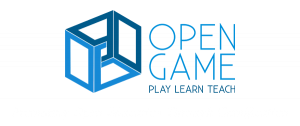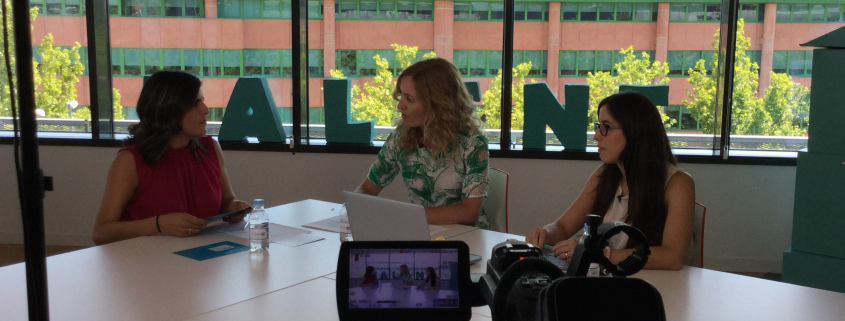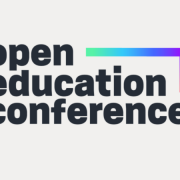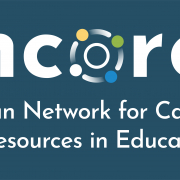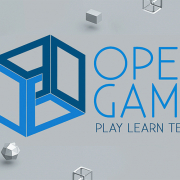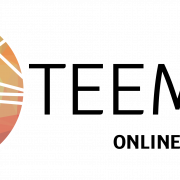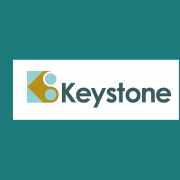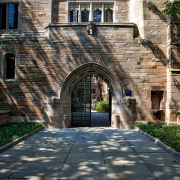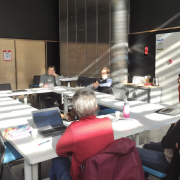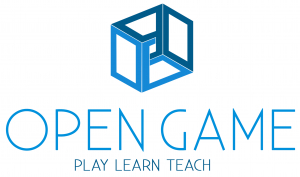UNIR iTED and Adecco Group analyse how to fill the gap between education and enterprises
In July, the 26th, 2018, the online session “How does a recruitment process work in Adecco?” took place. Experts from the company gave the key to increase the employability in the youngsters. The meeting was organized by Research Institute for Innovation & Technology in Education (UNIR iTED) at Universidad Internacional de La Rioja (UNIR) in the framework of the project Virtual Tours for Business Culture (Erasmus+). Iria Vázquez Palacios, Director of Service & Quality Department in Adecco Group, and Desirée Montiel, HR Consultant in the company, were invited to the session.
During the event, Vázquez-Palacios described the Adecco Group programmes focused on young people employability like “Redgeneración”, “Factoría de Talento” and “CEO for one month”. As the expert explained, in Spain –where the unemployement rate under 25 exceeds 30%–, there is a big gap between education and what companies demand. In this context, initiatives like Virtual Tours are key to help young people to develop the competences required for the labour market, since finishing higher education is a complex moment where everybody needs orientation, inspiration and self-confidence.
Adecco Group also gave some clues to complete a recruitment process successfully
As Montiel pointed out, among these competences, those known as soft skills are the ones standing out, as they are more related to the personal abilities and to what can be offered to the company than with previous professional experience. The most demanded soft skills are management, work team, adaptation to changes, communication, leadership, flexibility or resilience. The HR expert also gave the attendees some tips to complete a recruitment process successfully, from the composition of a CV to the guidance through every step in a job seek.
In the framework of the V-Tors project, funded by Erasmus+ Programme of European Union, Universidad Internacional de La Rioja (UNIR) among other European institutions, have organized various online sessions to enhance the dialogue opportunities between Universities, enterprises and students. In addition to the virtual visits, the consortium has developed an online course (Open Educational Resource) about business culture where students can get first-hand knowledge of the company’s organization.
– Eva Ferreras
